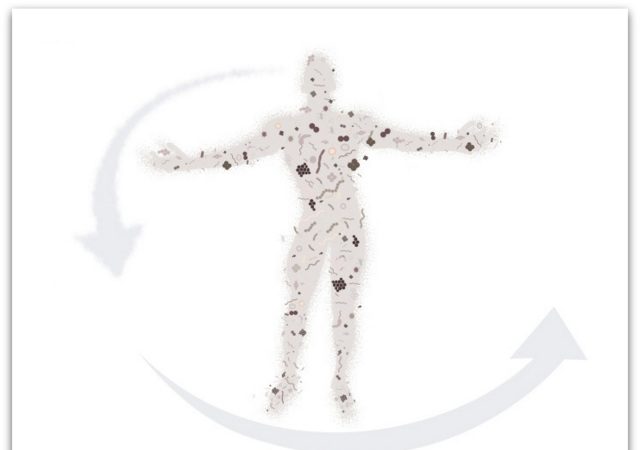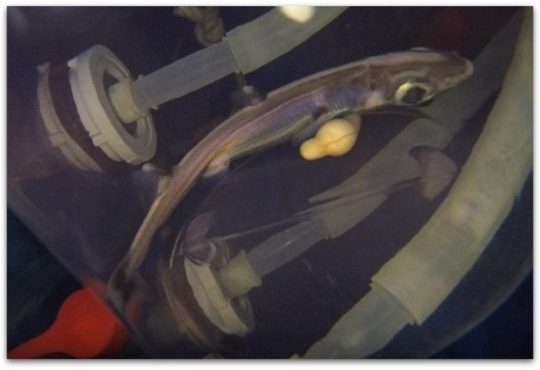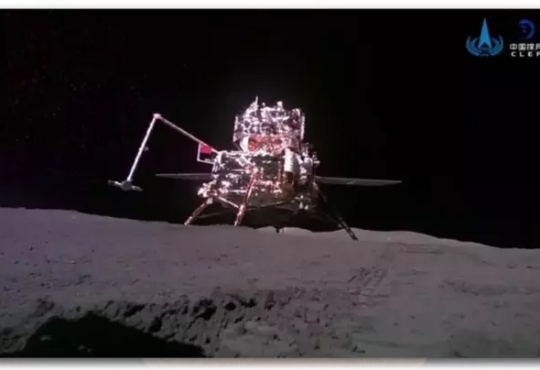At the end of life, something bizarre happens to all bodies We are all related to the same organisms

“We are all the same, we are all human“, are sayings that, it seems, could not be more true.
Although we all differ in appearance, physical and psychological characteristics, voice and stature, we seem to have many things in common, especially at the end of life.
Research published in the journal Nature Microbiology reveals that, despite their individuality, all human corpses have more in common than previously thought, at least when it comes to microbial networks.
When they begin to decompose, human bodies become home to bacteria and fungi that are rare in other environments and do not occur in other organisms.
Although it may sound unpleasant, these microbes are crucial to the natural world, as they break down bodies and become part of the “decomposition ecosystem”, contributing to the cycle of life in nature.
As this research shows, human bodies share similarities regardless of where they’re from when it comes to the microbial networks that connect every person in the world.
Interesting research
36 donated bodies participated in the research: Each of them was buried in different locations and differed in environmental conditions. However, all the samples analyzed by the scientists showed the same composition of microorganisms.
Experts also believe that insects can transfer these microbes to decaying human and animal remains, contributing to the decomposition process and nutrient cycling in nature. So people share the same characteristics after life, which is at least one thing that makes us all the same.
Dr. Devin Finaughty, who was not involved in the research, explains that decomposition is the process by which other organisms use organic material as a food source, and this is different from physical degradation such as erosion. The decomposition of the body becomes a resource for numerous organisms that use it as food, but also as a habitat and breeding ground.








